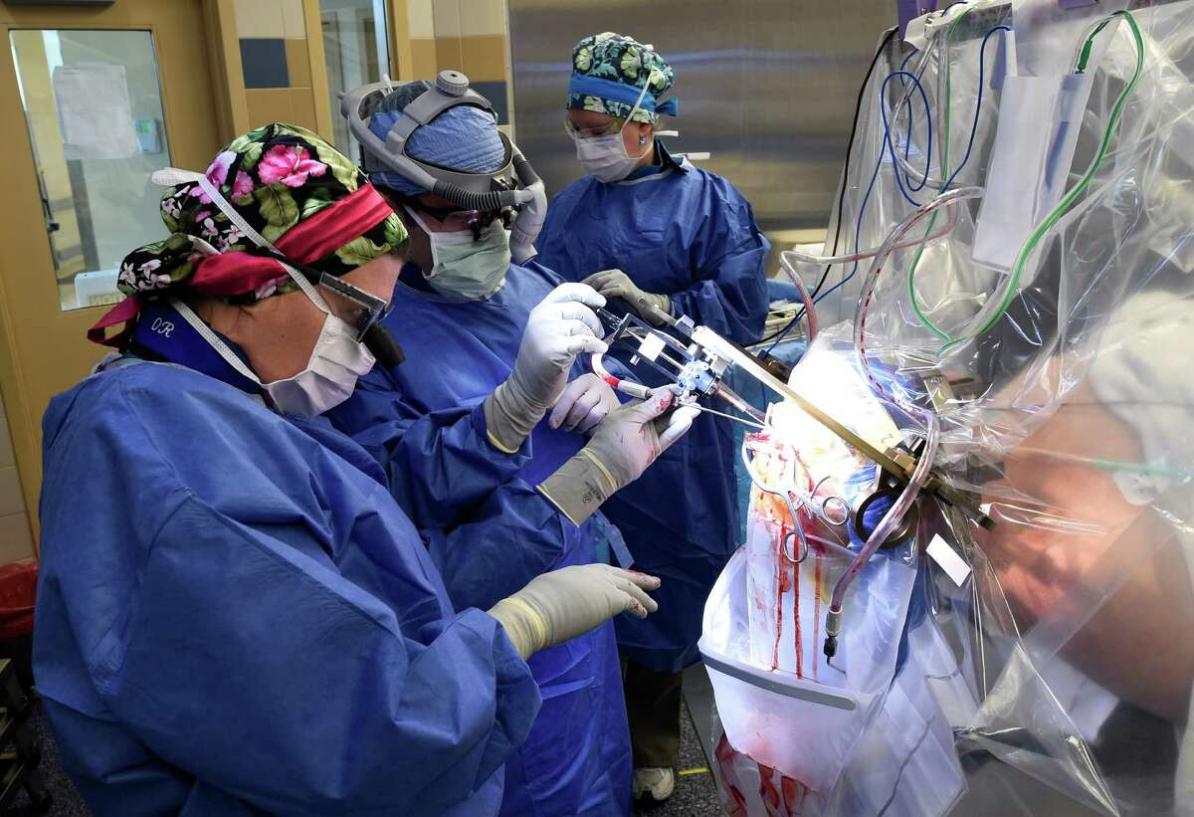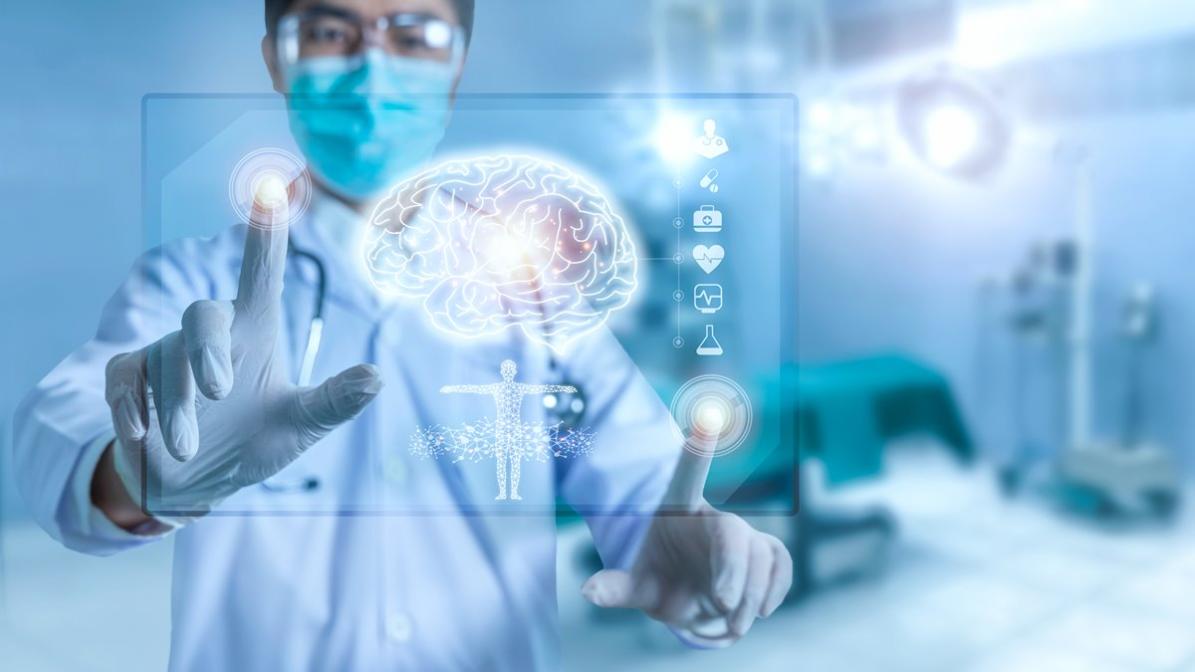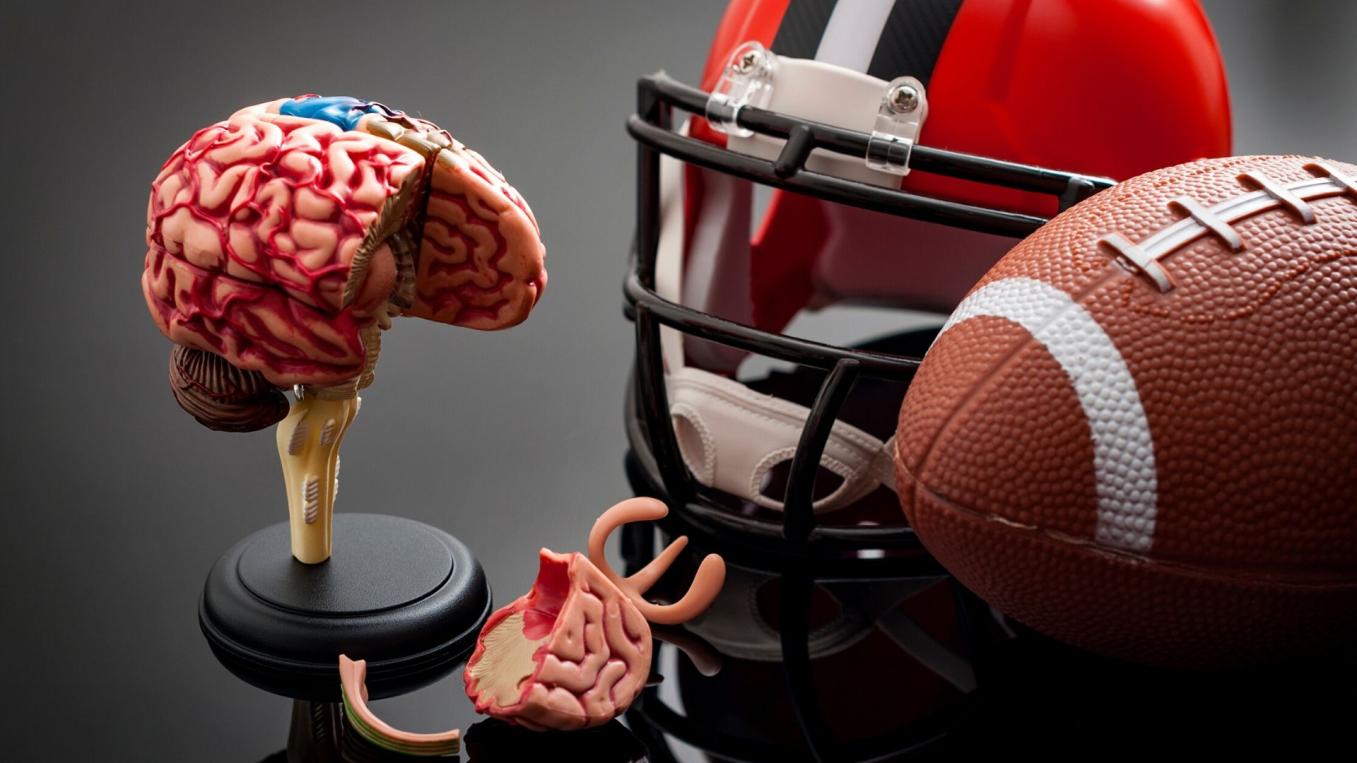What are the Alternatives to Brain Surgery?
Brain surgery, also known as neurosurgery, is a specialized medical procedure that involves operating on the brain to treat various neurological conditions. While brain surgery can be life-saving and transformative for some individuals, it is a complex and invasive procedure that carries potential risks and complications. Therefore, exploring alternatives to brain surgery is crucial for appropriate individuals seeking effective and less invasive treatment options.

Non-Invasive Techniques
Transcranial Magnetic Stimulation (TMS)
TMS is a non-invasive brain stimulation technique that utilizes magnetic pulses to stimulate specific areas of the brain. It is commonly used to treat depression, anxiety, and chronic pain. TMS involves placing an electromagnetic coil on the scalp, which generates magnetic pulses that penetrate the skull and reach the targeted brain regions. The magnetic pulses induce electrical currents in the brain, modulating neuronal activity and potentially alleviating symptoms.
- Advantages of TMS include its non-invasiveness, lack of anesthesia, and minimal side effects.
- TMS is particularly beneficial for individuals who have not responded to traditional treatments or who cannot tolerate medications.
Electroconvulsive Therapy (ECT)
ECT is a medical procedure used to treat severe mental illnesses, such as major depression and bipolar disorder. ECT involves administering controlled electrical stimulation to the brain while the patient is under anesthesia. The electrical stimulation induces a brief seizure, which is believed to have therapeutic effects on the brain's neural circuits.
- ECT is effective in treating treatment-resistant depression and has a rapid onset of action.
- It is typically used when other treatments have failed or when the patient's condition is life-threatening.
Deep Brain Stimulation (DBS)

DBS is a surgical procedure that involves implanting electrodes into specific brain regions to deliver electrical stimulation. DBS is used to treat movement disorders such as Parkinson's disease, essential tremor, and dystonia. The electrodes are connected to a pacemaker-like device implanted under the skin, which delivers continuous or intermittent electrical stimulation to the targeted brain areas.
- DBS is reversible and adjustable, allowing for fine-tuning of the stimulation parameters to optimize therapeutic outcomes.
- It has shown long-term effectiveness in managing symptoms and improving quality of life in individuals with movement disorders.
Pharmacological Approaches
Antidepressants
Antidepressants are medications used to treat depression, anxiety, and other mental health conditions. They work by influencing the levels of neurotransmitters in the brain, such as serotonin, norepinephrine, and dopamine. Different classes of antidepressants have different mechanisms of action and side effect profiles.
- Personalized treatment is essential, as the effectiveness and tolerability of antidepressants vary among individuals.
- Medication adherence is crucial for achieving optimal therapeutic outcomes.
Antipsychotics

Antipsychotics are medications used to manage symptoms of schizophrenia, bipolar disorder, and other psychotic disorders. They work by blocking the activity of dopamine receptors in the brain, reducing the severity of hallucinations, delusions, and disorganized thinking.
- Different types of antipsychotics have varying mechanisms of action and side effect profiles.
- Careful monitoring is necessary to manage potential side effects and ensure medication adherence.
Anticonvulsants
Anticonvulsants are medications used to treat epilepsy and other seizure disorders. They work by stabilizing neuronal activity and preventing the abnormal electrical discharges that cause seizures. Different anticonvulsants have different mechanisms of action and effectiveness against various types of seizures.
- Regular medication intake is essential to maintain seizure control.
- Potential drug interactions and side effects should be carefully monitored.
Psychological Therapies
Cognitive Behavioral Therapy (CBT)
CBT is a form of psychotherapy that focuses on changing negative thought patterns and behaviors that contribute to mental health problems. CBT involves identifying and challenging distorted cognitions, developing coping mechanisms, and practicing new, healthier behaviors.
- CBT is effective in treating depression, anxiety, and other mental health conditions.
- It is a collaborative process that requires active participation from the individual.
Dialectical Behavior Therapy (DBT)
DBT is a specialized form of CBT designed for individuals with borderline personality disorder and other emotional dysregulation issues. DBT focuses on mindfulness, emotional regulation, interpersonal effectiveness, and distress tolerance.
- DBT is effective in reducing self-harming behaviors and improving emotional stability.
- It is a comprehensive therapy that requires commitment and active participation.
Acceptance And Commitment Therapy (ACT)
ACT is a mindfulness-based therapy that emphasizes acceptance of difficult thoughts and feelings and promotes psychological flexibility. ACT aims to help individuals engage in meaningful activities and live in accordance with their values, despite the presence of challenging emotions.
- ACT is effective in treating depression, anxiety, and chronic pain.
- It encourages individuals to cultivate psychological flexibility and resilience.
Lifestyle Modifications
Exercise
Regular exercise has a positive impact on mental and emotional well-being. Physical activity releases endorphins, which have mood-boosting effects. Exercise also reduces stress, improves sleep, and enhances cognitive function.
- Accessible and enjoyable forms of exercise include walking, swimming, cycling, and dancing.
- Aim for at least 30 minutes of moderate-intensity exercise most days of the week.
Diet
A balanced and nutritious diet is essential for overall health, including mental well-being. Certain dietary patterns, such as the Mediterranean diet, have been linked to a reduced risk of depression and anxiety.
- Consume a variety of fruits, vegetables, whole grains, lean proteins, and healthy fats.
- Limit processed foods, sugary drinks, and excessive amounts of saturated and trans fats.
Sleep Hygiene
Adequate and restful sleep are crucial for maintaining mental health. Sleep deprivation can worsen mood, cognitive function, and overall well-being.
- Establish a regular sleep schedule and stick to it as much as possible.
- Create a conducive sleep environment that is dark, quiet, and cool.
- Avoid caffeine and alcohol before bedtime.
Exploring alternatives to brain surgery is essential for appropriate individuals seeking effective and less invasive treatment options for various mental health conditions. Non-invasive techniques, pharmacological approaches, psychological therapies, and lifestyle modifications offer a range of interventions that can address the underlying causes of mental health problems and improve overall well-being.
It is important to discuss treatment options with healthcare providers and consider a holistic approach to mental health care, addressing both biological and psychological factors. By exploring alternatives to brain surgery, individuals can potentially avoid invasive procedures and achieve positive outcomes in managing their mental health conditions.
YesNo

Leave a Reply